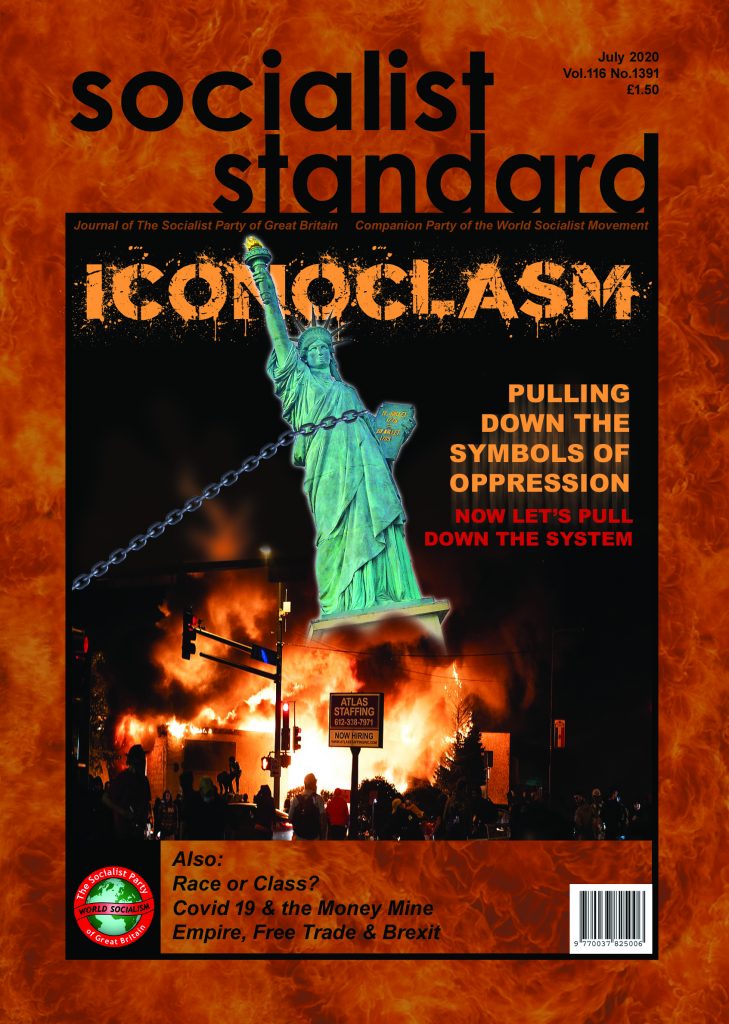China is forcing women to be sterilised or fitted with contraceptive devices in Xinjiang in an apparent attempt to limit the population of Muslim Uighurs, according to a new report by China scholar Adrian Zenz.
"Since a sweeping crackdown starting in late 2016 transformed Xinjiang into a draconian police state, witness accounts of intrusive state interference into reproductive autonomy have become ubiquitous," the report says.
It has prompted international calls for the United Nations to investigate.
Zenz's report was based on a combination of official regional data, policy documents and interviews with ethnic minority women in Xinjiang. It alleges that Uighur women and other ethnic minorities are being threatened with internment in the camps for refusing to abort pregnancies that exceed birth quotas. It also says women who had fewer than the two children legally permitted were involuntarily fitted with IUDs, while others were coerced into receiving sterilisation surgeries.
According to Mr Zenz's analysis of the data, natural population growth in Xinjiang has declined dramatically in recent years, with growth rates falling by 84% in the two largest Uighur prefectures between 2015 and 2018 and declining further in 2019.
"This kind of drop is unprecedented, there's a ruthlessness to it," Zenz told the Associated Press. "This is part of a wider control campaign to subjugate the Uighurs."
Former detainees in internment camps in Xinjiang said they were given injections that stopped their periods, or caused unusual bleeding consistent with the effects of birth control drugs.
According to a report by the Associated Press published on Monday, women in Xinjiang have faced exorbitant fines and threats of internment for breaching childbearing limits.
"Overall, it is likely that Xinjiang authorities are engaging in the mass sterilization of women with three or more children," the report said.
The Interparliamentary Alliance on China (IPAC), an international cross-party group of politicians including Conservative MP Iain Duncan Smith, Baroness Helena Kennedy QC and US Republican senator Marco Rubio, called on the UN to "establish an international, impartial, independent investigation into the situation in the Xinjiang region".
"A body of mounting evidence now exists, alleging mass incarceration, indoctrination, extrajudicial detention, invasive surveillance, forced labor, and the destruction of Uyghur cultural sites, including cemeteries, together with other forms of abuse," the statement said. "The world cannot remain silent in the face of unfolding atrocities. Our countries are bound by solemn obligations to prevent and punish any effort to destroy a national, ethnic, racial or religious group 'in whole or in part'."
Zenz's report characterises the alleged campaign of coercive birth control in Xinjiang as part of a "demographic campaign of genocide" against the Uighurs.
"These findings provide the strongest evidence yet that Beijing's policies in Xinjiang meet one of the genocide criteria cited in the UN Convention on the Prevention and Punishment of the Crime of Genocide," he writes.
Joanne Smith Finley, a China expert at Newcastle University in the UK, said the alleged programme was "genocide, full stop".
"It's not immediate, shocking, mass-killing, on-the-spot type genocide, but it's slow, painful, creeping genocide," she told the AP. "These are direct means of genetically reducing the Uighur population."








